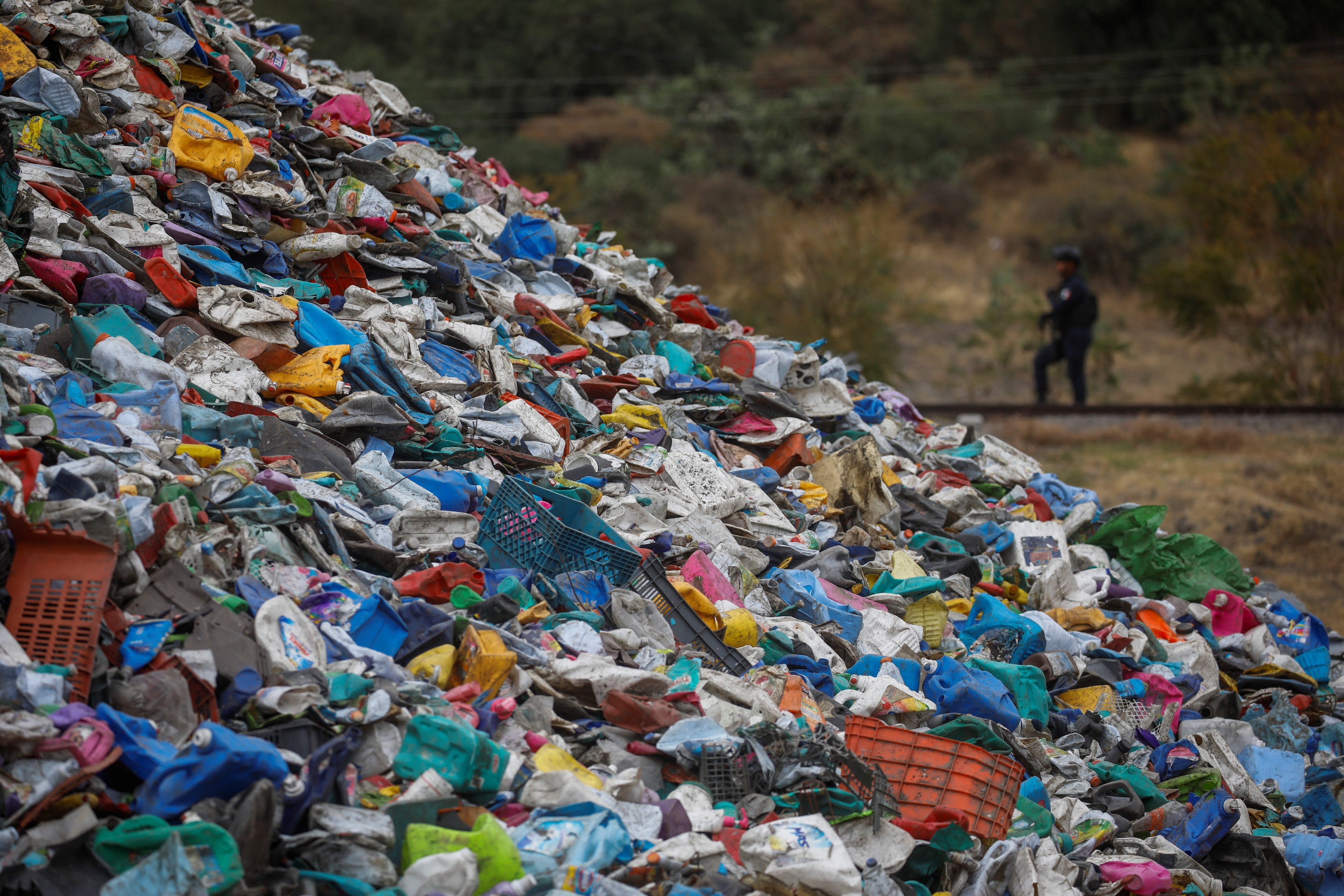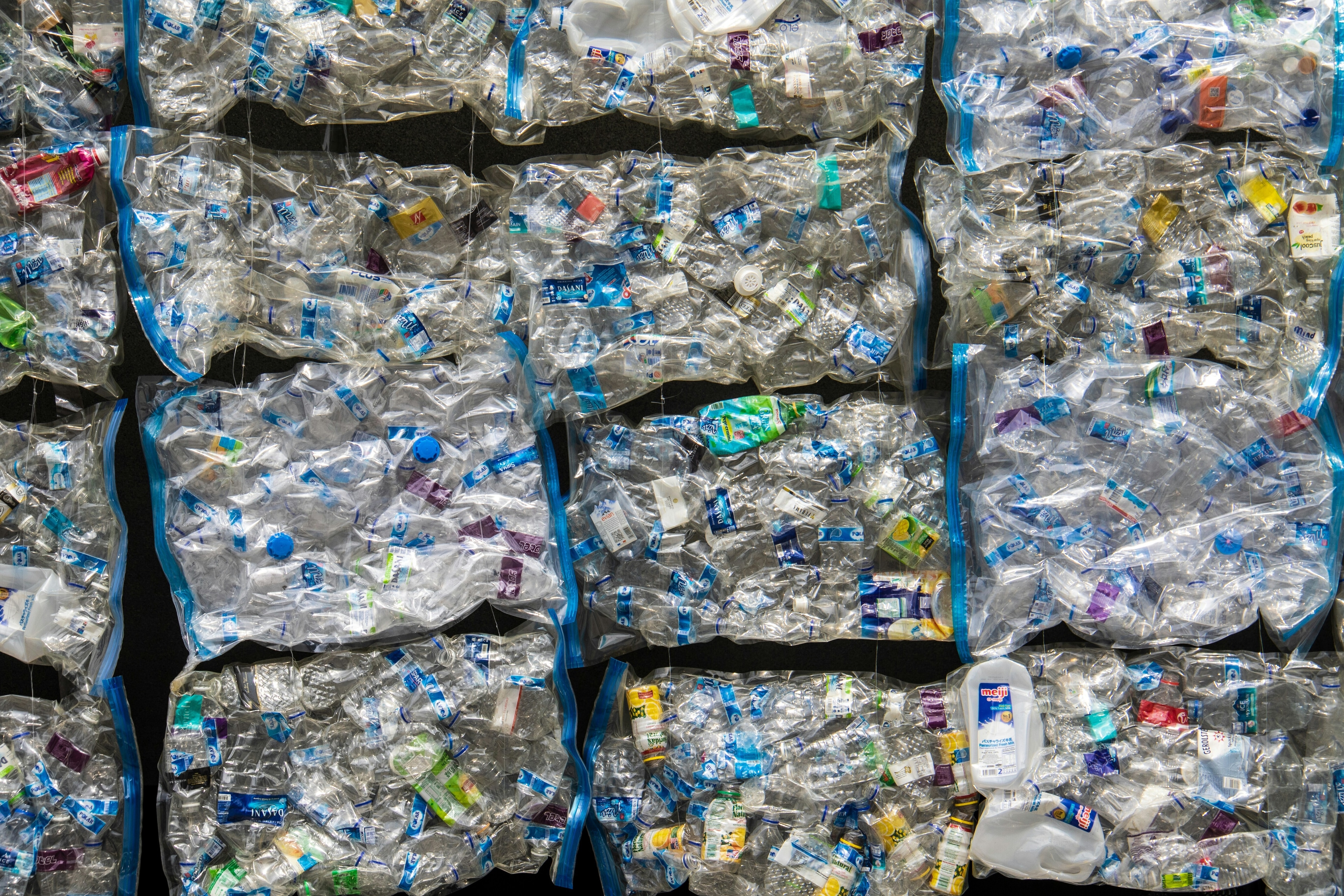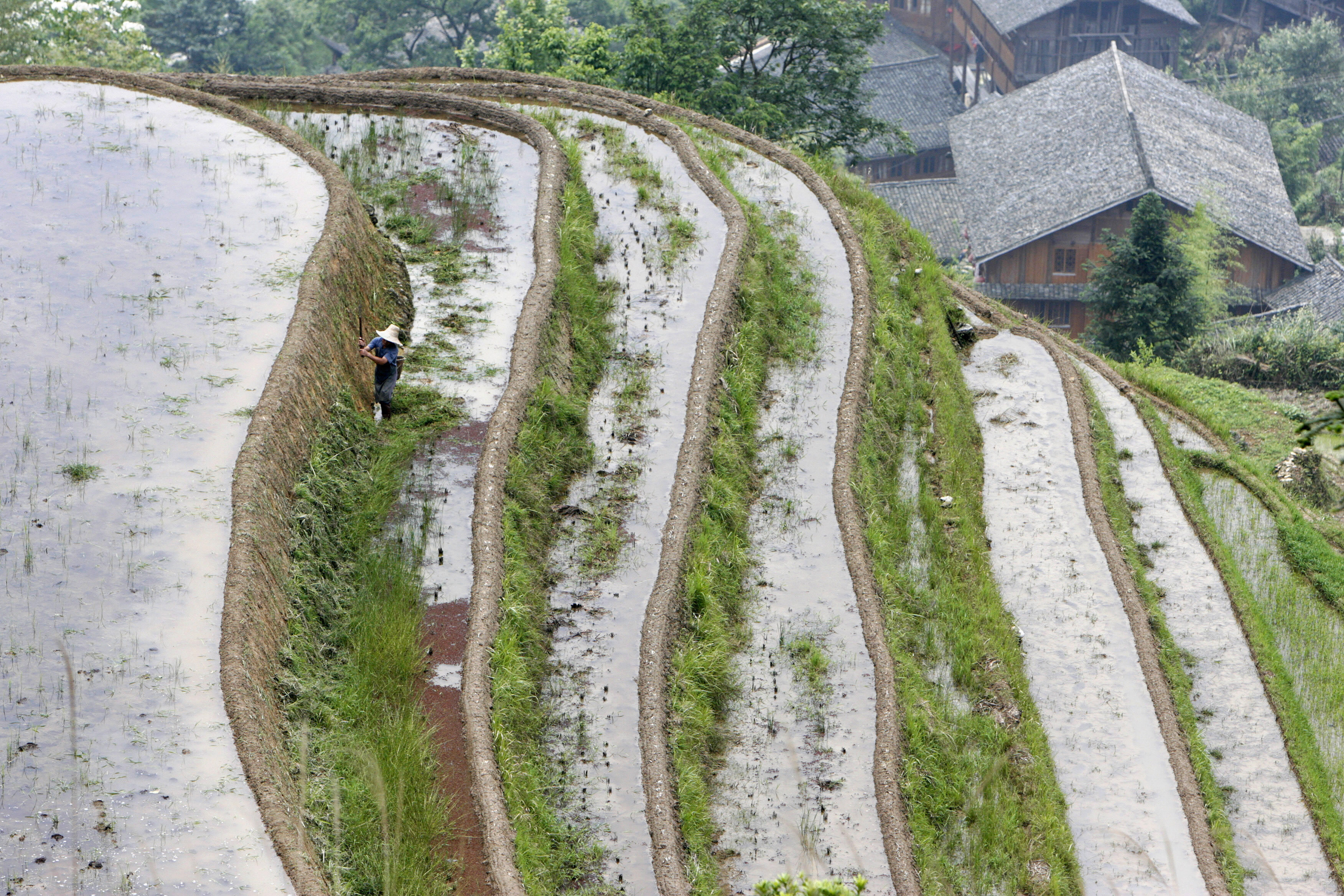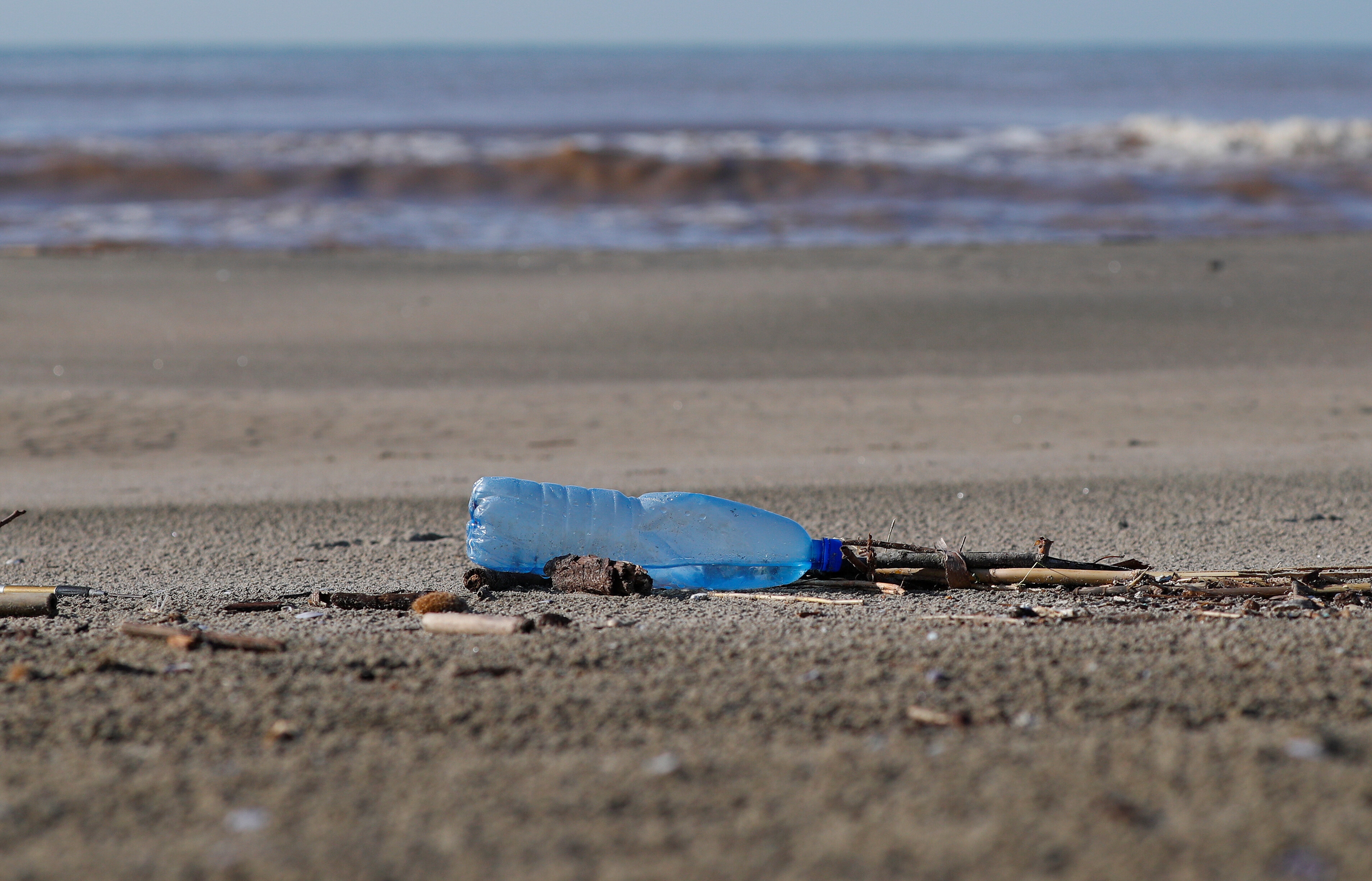Viet Nam is developing an unusual energy source

Swapping wood-burning stoves for pig power.
Image: REUTERS/Thomas White
Explore and monitor how Viet Nam is affecting economies, industries and global issues
Stay up to date:
Viet Nam
Like so many countries around the world, Vietnam is hoping to reduce its impact on the environment. The nation has set a goal to reduce its greenhouse gas emissions by eight percent by 2030, and it’s planning to ban Hanoi's beloved motorbikes to get there. But Vietnam isn’t just targeting the vehicles that pump so much exhaust into its cities. It’s also considering the fuel itself.
According to Quartz, the country is encouraging residents to swap their wood-burning stoves for biogas — and not just any type. Biogas is a biofuel made from organic matter, such as food scraps or grass trimmings, and in this case, the biogas is coming from pig waste.
This unconventional fuel source actually makes a lot of sense for Vietnam, since pork is the largest piece of the country’s meat production. It makes up 72.6 percent of that sector, World Bank reports, with poultry trailing at a very distant second place at 18 percent.
That translates to a lot of pigs — roughly 26 million, in fact — which in turn translates to a lot of, well, poop. That’s a problem, since this waste naturally degrades into methane, an even more potent greenhouse gas than carbon dioxide.
Enter biogas. The local push for this fuel source began in 2003, when a Dutch NGO called SNV launched the Vietnam Biogas Programme. The project aimed to make biogas an accessible and affordable energy source for residents in rural Vietnam, where wood-burning stoves — a source of indoor air pollution — are a common kitchen fixture. SNV has, in the ensuing 15 years, helped construct 158,500 biodigesters, large domes that store animal waste. The group has also offered financial incentives to families who build and use them, though the construction isn’t always cheap. Quartz points to one farmer who spent $600 on his biodigesters, a sum that was five times his monthly income.
Still, SNV says the investment has cut emissions dramatically. Nguyen Thi Thu Ha, a program adviser at SNV, tells Quartz the biodigesters have helped Vietnam reduce 1.3 million tons of carbon emissions annually.
The biodigesters have hit at least 63 provinces and cities in Vietnam, all making the switch to biogas for their cooking needs. But the widespread adoption is subject to change, since the fuel is totally dependent on the local pork industry, which is currently struggling through plunging prices and trade woes.
Renewable energy advocates are hoping the project continues and inspires Vietnam to explore other alternative power sources, since the country has been leaning pretty heavily on coal to meet its increased electricity demands. While plans to ramp up solar energy plants are already under way, a little pig power could go a long way towards hitting its 2030 emissions goals.
Don't miss any update on this topic
Create a free account and access your personalized content collection with our latest publications and analyses.
License and Republishing
World Economic Forum articles may be republished in accordance with the Creative Commons Attribution-NonCommercial-NoDerivatives 4.0 International Public License, and in accordance with our Terms of Use.
The views expressed in this article are those of the author alone and not the World Economic Forum.
Forum Stories newsletter
Bringing you weekly curated insights and analysis on the global issues that matter.
More on Nature and BiodiversitySee all
Pedro Gomez and Clemence Schmid
August 6, 2025
Tom Crowfoot
August 5, 2025
Hu Xiangdong and Felipe Carazo
August 1, 2025
Andrea Willige
July 30, 2025




